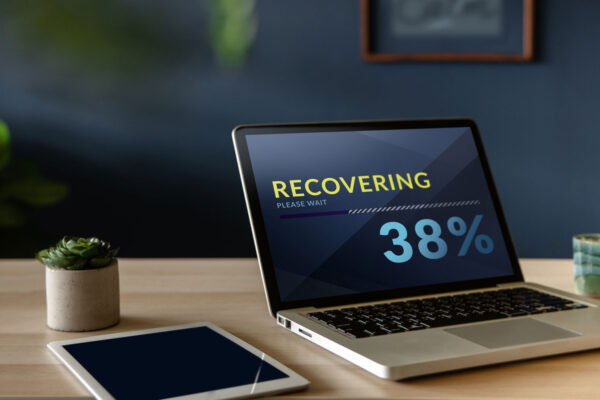
Call: 01787 888588 Email: requests@asrltd.co.uk
Call: 01787 888588 Email: requests@asrltd.co.uk
In today’s data-driven world, businesses and individuals alike rely heavily on digital and physical documents. As the volume of data continues to grow, so does the need for secure and reliable storage solutions. Offsite storage provides a safe and efficient way to protect valuable assets, but it’s crucial to choose a provider that prioritizes security.
Reputable offsite storage companies implement stringent physical security measures to protect your belongings. These may include:
In the age of digital information, data privacy is paramount. Offsite storage providers must adhere to stringent data protection regulations such as the General Data Protection Regulation (GDPR). To ensure compliance, they employ various measures, including:
By selecting a reputable offsite storage provider that prioritizes security, you can rest assured that your valuable assets are safeguarded. Consider factors such as the provider’s security certifications, insurance coverage, and track record of protecting client data. By taking these steps, you can mitigate risks, maintain compliance, and protect your business’s future.